How Cockroaches, Dust Mites & Rodents Trigger Allergy Symptoms
While we tend to associate spring and summer with seasonal allergies and plant pollens, there are also a host of non-plant and year-round triggers for allergy symptoms and asthma attacks. In fact, very common household pests such as cockroaches, dust mites, and rodents like mice and rats can trigger allergy and asthma symptoms.
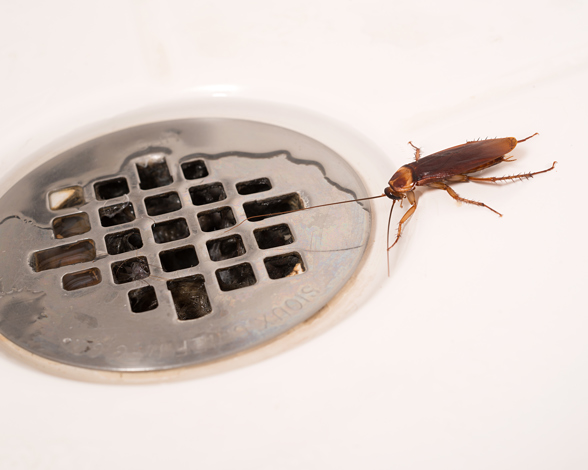
Common symptoms of allergies from cockroaches and other pests include itchy eyes, runny nose, sneezing, coughing, wheezing or shortness of breath and may range from minor to severe. Similarly, asthma symptoms include coughing (especially at night), wheezing, chest tightness or pressure, and shortness of breath. However, during serious asthma attacks “air hunger” and chest tightness can be severe — sometimes life-threatening — and require medical attention and hospitalization.
Although there are a number of different causes of allergies and asthma, it is important to identify and reduce exposure to the specific triggers or causes so that sufferers can take an active role in controlling, reducing the frequency and severity of allergy problems and asthma attacks. Not surprisingly, according to a recent survey conducted by the Asthma and Allergy Foundation of America (AAFA) and the National Pest Management Association (NPMA), nearly all allergists surveyed (97 percent) believe a pest-free home is an important step in preventing asthma and allergy symptoms. In fact, 95 percent of respondents regularly advise their patients to reduce their exposure to pest allergens in their homes. They rank cockroaches, rodents, and stinging insects as the most problematic household pests for patients suffering from asthma or allergies. Nearly 90 percent of allergists surveyed would recommend that a patient with a pest problem consult with a pest management professional to help alleviate allergy and asthma problems.
The AAFA also reports that 78 to 98 percent of American urban homes have cockroaches. Asthmatic children who are exposed to cockroach allergens have been shown to be more likely to have episodes of wheezing, missed school days, nights without sleep, unscheduled medical visits and hospitalizations for asthma.
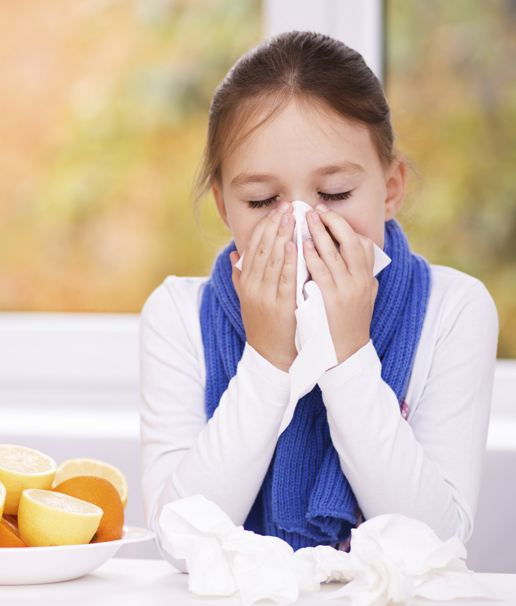
Seeking professional advice for controlling allergies and asthma is a two-fold process. It is important for a person suffering from these symptoms to see his or her doctor. It is equally important to contact a qualified pest professional to recommend a course of action to eliminate threats like cockroaches that trigger allergies. This process is the best way to combat exposures to asthma allergens and reduce the frequency and severity of asthma attacks.
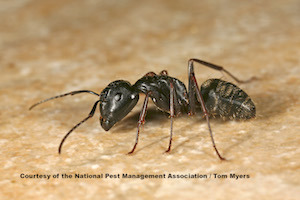
Learn About Ants
Ants are a common pest homeowners struggle to eradicate. Learn more about them!
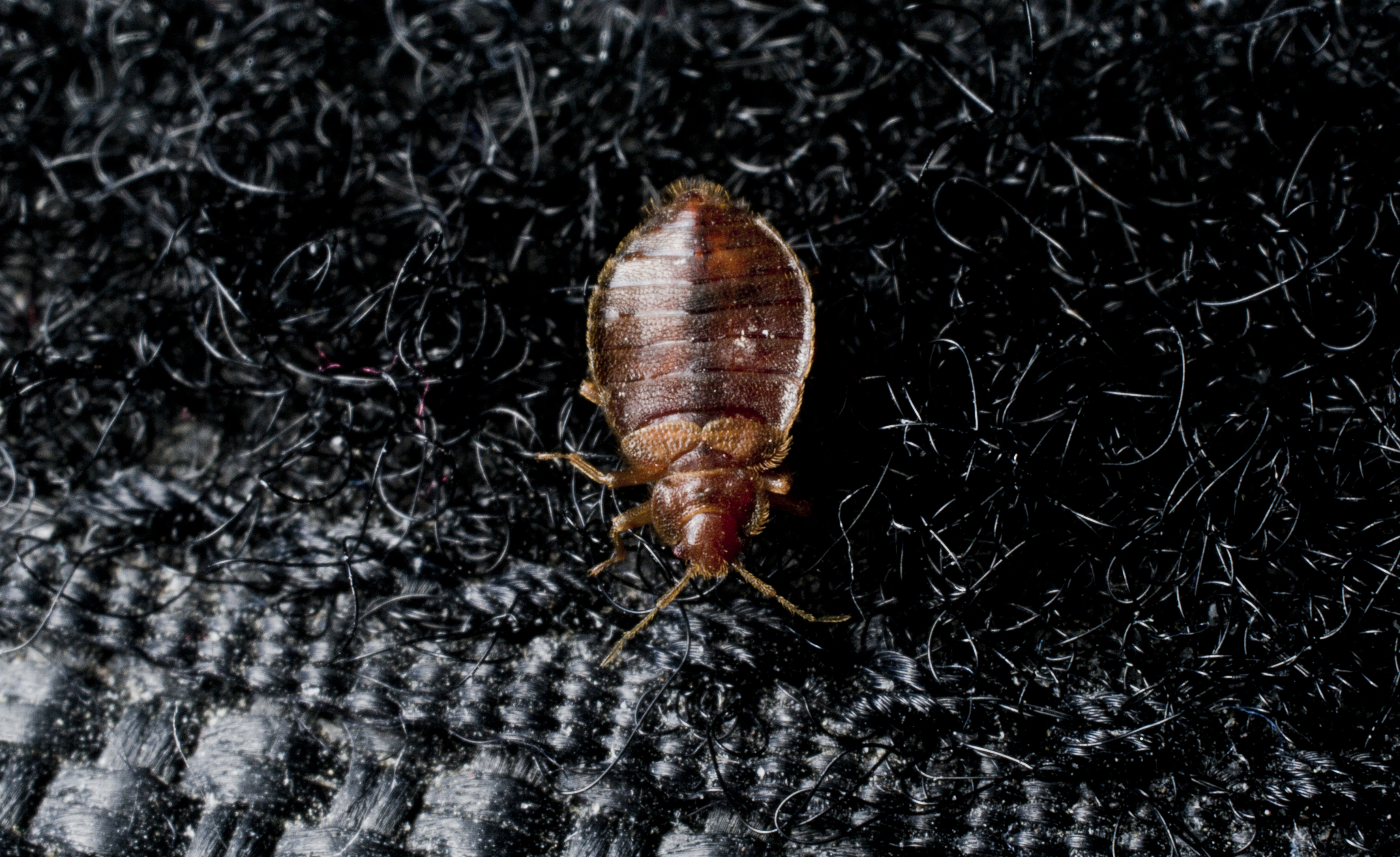
Bed Bug Pest Guide
Traveling this summer? Be sure to keep an eye out for bed bugs! Use our Pest Guide to help identify this pest.
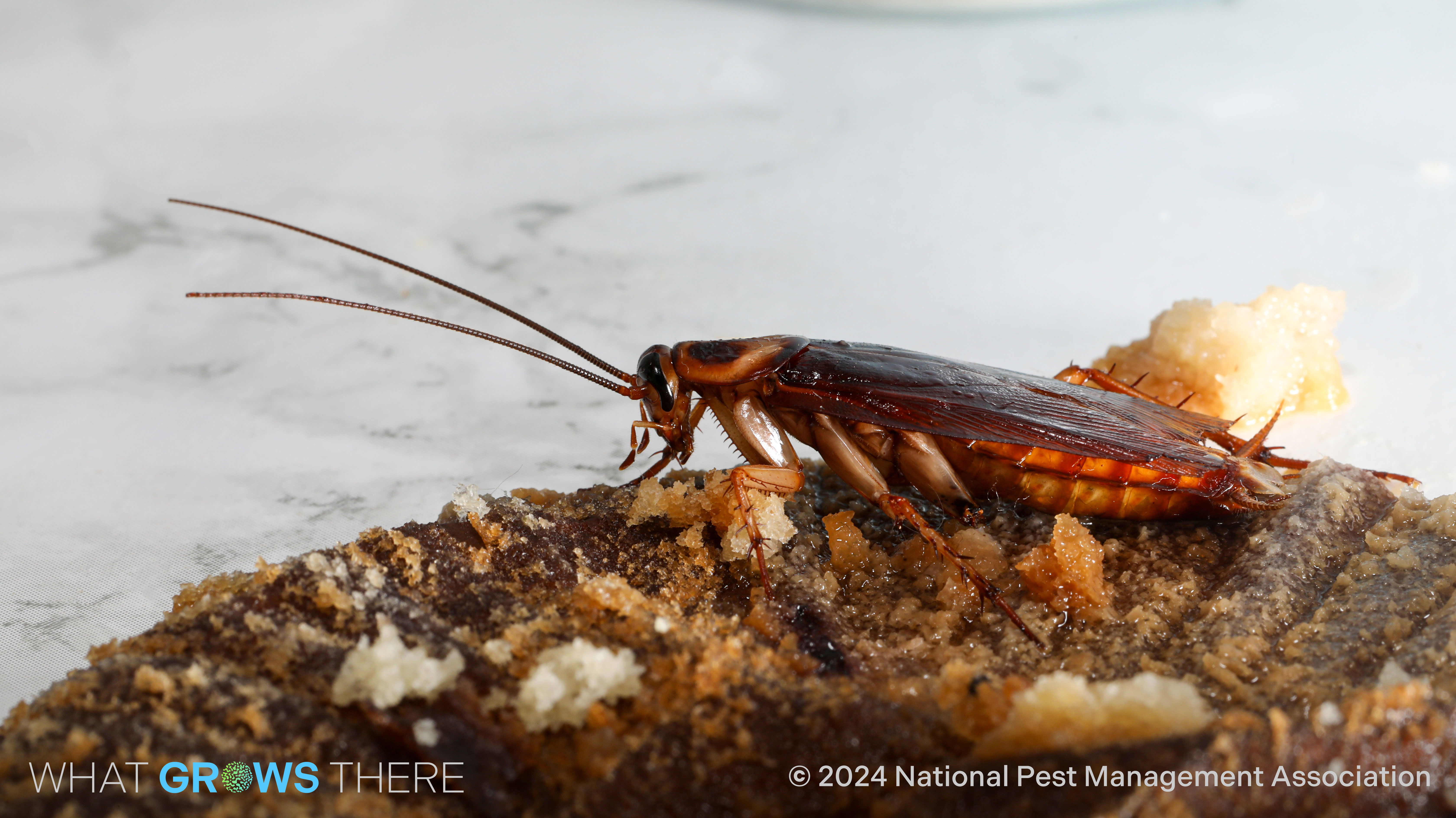
NPMA's What Grows There? Project
Check out NPMA's What Grows There? project to learn how pests, such as flies, cockroaches and rodents, can spread germs throughout a home.
Find a PEST PRO in your area

Learn About Ants
Ants are a common pest homeowners struggle to eradicate. Learn more about them!

Bed Bug Pest Guide
Traveling this summer? Be sure to keep an eye out for bed bugs! Use our Pest Guide to help identify this pest.

NPMA's What Grows There? Project
Check out NPMA's What Grows There? project to learn how pests, such as flies, cockroaches and rodents, can spread germs throughout a home.
